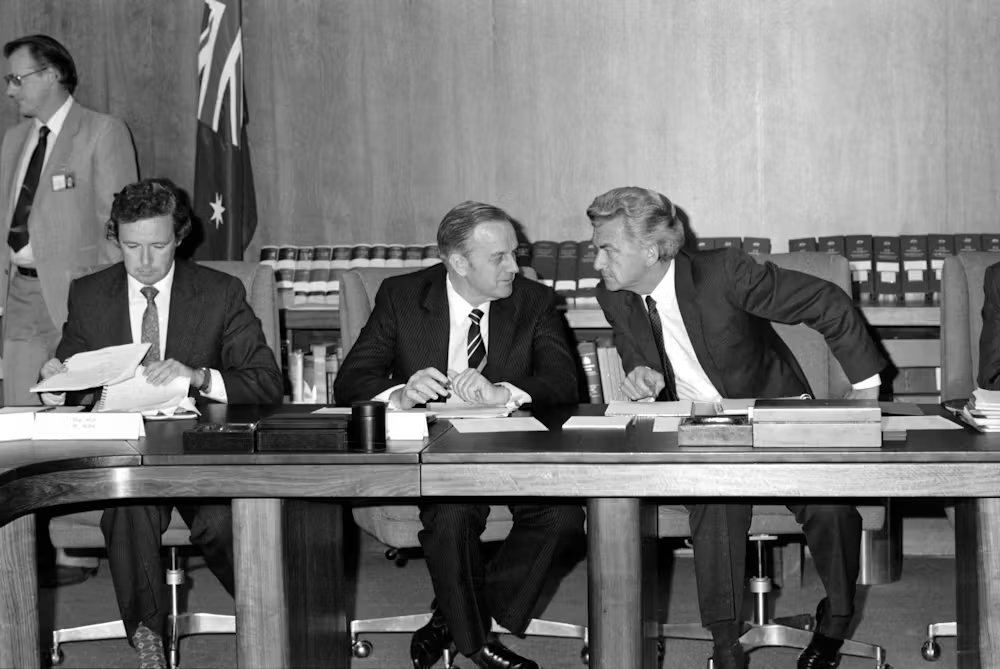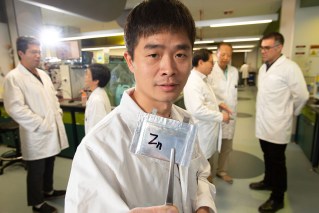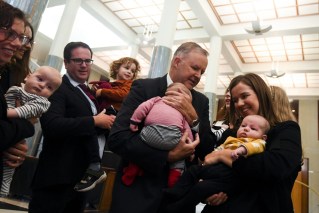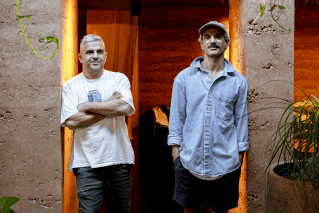Slouching towards a reckoning: A paralysed government has no answers to its woes
This Thursday marks 12 months until the next state election with the LNP’s David Crisafulli using the moment as a springboard to his quest for power. Dennis Atkins thinks Labor may have given him an unexpected helping hand.

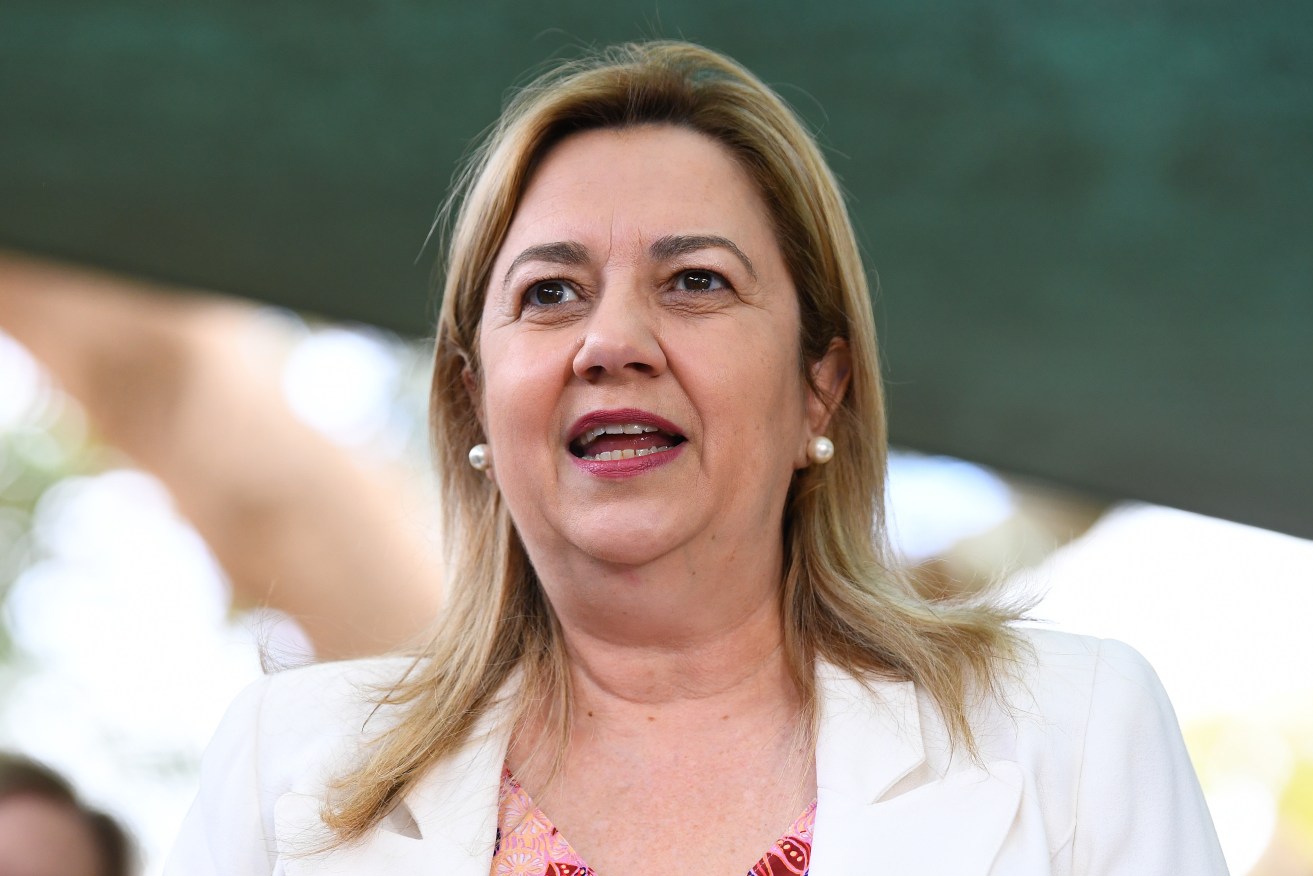
The reelection task for Annastacia Palaszczuk, Australia’s most successful female political leader, looks like shifting from very difficult to all but impossible .(AAP Image/Jono Searle)
The Palaszczuk Government is already carrying enough weight into this final year of the current term without adding new lead to its saddlebags.
Any of these killer issues – youth crime, ineffective healthcare delivery in a dysfunctional hospital system, an oppressive sense that the state is on the wrong track and no comprehensive agenda for the future – would stop a government’s bid to win a fourth term after nine years.
If you add internal division, the task for Australia’s most successful female political leader on Saturday, October 26 next year looks like shifting from very difficult to all but impossible.
However, that is the latest bad look for the Premier and her ministers. While she has an outward confidence and tells people she’s up for the fight and has her mojo back, the last two months have been the worst stretch for Labor since re-election in 2020.
The period of internal and external instability started with the chaotic parliamentary mess over youth justice laws before quickly switching to a secret private trip to southern Italy (which saw rival ministers in Brisbane conduct their own look-at-me version of Australia’s Got Talent).
After Palaszczuk returned there was an attempted reset that limped across the stage, finishing with last week’s mixed message scramble to answer the “where to” question following the voice referendum debacle.
How the government acted in those days after Queenslanders rejected the voice by a margin of seven to three, illustrates the strategic and tactical weakness of Labor at a time when those skills need to be honed sharply.
One thing was certain last week: David Crisafulli and the LNP would backflip on their support for the plan to have a state-based treaty with First Nations people.
This would happen because it reflects the Queensland No vote of 68.9 percent and Crisafulli was always going to face pressure to U-turn at the weekend LNP state council meeting.
There was no sign Palaszczuk or any of her ministers and advisers anticipated this, leaving them flat-footed after having given weak lip-service to pushing ahead with the treaty process.
This points to a central failure in the way the state Labor government Labor handles politics.
They are always reactive, responding to the latest shock and awe headline. Anticipating events is not in the government’s armory any more – not that it had a strong presence before.
When Crisafulli made his announcement of backing away on a treaty, Palaszczuk showed some skill in using it to political advantage. Without bipartisan support there was no point in pushing ahead, the Premier posited.
This was fine but risky because senior Labor figures led by influential Left faction minister Mark Bailey had been out on social media and the airwaves early, condemning Crisafulli and reaffirming government commitment to the treaty.
Through last Thursday there was chaos, confusion and plenty of anger in Labor ranks. Phone hook-ups and zoom meetings into the early evening managed to quell the simmering rage but the “we’re sticking with our position but we’re not” solution looked as incoherent as it actually was.
If the government had a thinking cap between the dozens of ministerial advisers, they might have used it to work out what Crisafulli would do, allowing them to plan what to do.
As it was, Palaszczuk ended up in the right spot but – as so often happens – ignored the political Sat Nav in getting there.
It’s not a good sign at the start of the last 12 months of the government’s term. Political stability and unity was a card Labor has been able to play with surety over the past eight years while the other side of that coin – instability and internal strife – has been a key attack line against the LNP.
Palaszczuk is facing her toughest battle. The issues are against her and the “it’s time” factor after what will be nine long years of Labor in power (a stretch that’s actually part of 29 out of the last 34 years of ALP rule) also looms over events.
There are essentially two ways next year’s election will play out. It will be a referendum on Labor in power or a choice between Palaszczuk and Crisafulli.
Labor thinks they have a chance with the latter equation but are up against it on the first proposition.
The thing that makes this so much worse for Labor is they could be fighting a referendum election in a wrong track environment when a strong majority of voters believe the state is not headed in the right direction.
That number is now baked in at about 60 percent plus despite the circumstances not necessarily demanding a wrong track verdict. Unemployment is low, growth is strong and the government has plenty of money to address difficult problems.
The problem is the lived experience of people doesn’t match the data. People feel their personal circumstances are under stress and react accordingly. They’re fed a daily news diet – either through the mainstream media or their personal social channels – that’s a persistent tale of woe.
To take the government’s biggest existential threat – crime, particularly wrong-doing by teenagers – there is a never ending conversation in the community about what crime is occurring in what streets, what people are doing to combat those crimes and swapping notes on the best security measures to take.
It’s happening on community Facebook pages, at Saturday morning sport, the school drop off and in the cafes from Coolangatta to Cairns.
The problem for the government is they have been all but incapable of doing anything about it. Ministers cannot even develop a message that connects.
Many Labor MPs are known to dismiss crime as a media invention. They are delusional. Now it is too late and this issue alone could spell the end of Labor in power.
Anyone who doubts the power of crime as an issue should look to the Queensland local government association’s annual conference in Gladstone last week – every mayor joined a chorus saying if the state wouldn’t do anything about crime they’d step up. Sure, they face elections next March but they also know what their voters are saying.
It won’t mean the next 12 months will be like a Shakespearean tragedy where we are doomed to watch the petty pace of events creep from day to day. There’s always the unknown but right now it feels like there is almost nothing we don’t know about the trajectory and outcome of the year ahead.
This is the first of three columns previewing the 2024 state election. Next week Dennis Atkins will look at the challenges Opposition leader David Crisafulli faces and after that the chances of the Greens party will be put under the spotlight.
